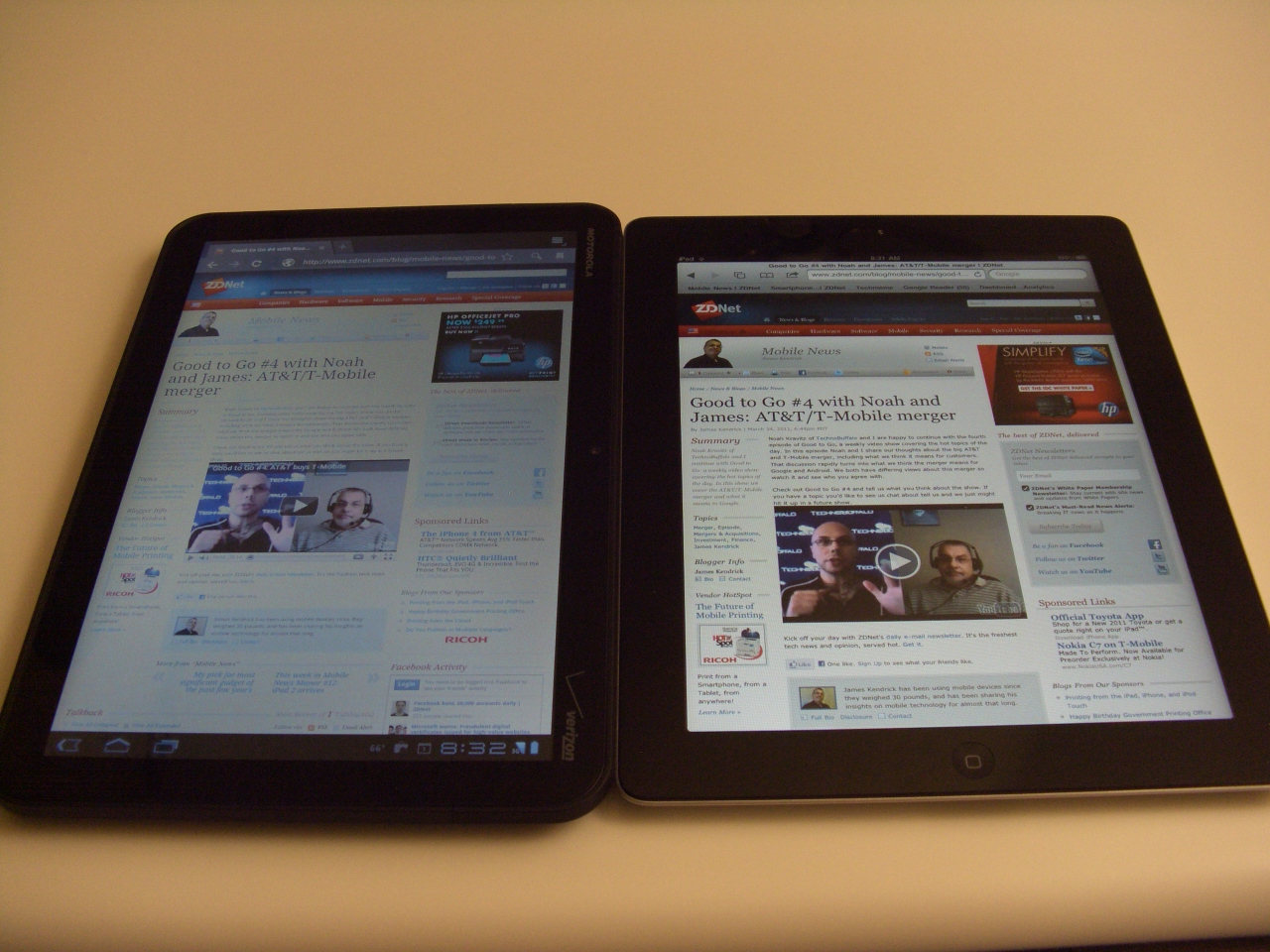Why is it so hard to build a good tablet? Trying to do too much


I understand there are a lot of factors in determining if a new product is good at launch or not. I realize that price plays a big role in the success of any new product, tech-related or not. While it seems very simplistic, I believe that all of the tablets to hit the market so far, iPad excepted, are trying to do too much to bring value to the consumer. The opposite is actually the result as these tablets fail to deliver on the user experience that consumers demand. Good intentions deserve no accolades when execution fails in the tablet space.
Whether you like Apple and the iPad or not, there is no denying that a primary reason this tablet has been welcomed by consumers is the simplicity of the device. The iPad isn't designed to run lots of apps at the same time, with a handful of exceptions it only runs one at a time. This makes it possible for Apple to control the load on the device at any given time, and make sure that nothing runs amok in the background. This is in large part why the iPad operates as smooth as butter, and onscreen activity is as fluid as can be. Apple's tight control may be losing functionality due to the lack of extra activity in the background, but it is guaranteeing that the performance of the iPad is as good as can be. This is more important to consumers than the loss of multitasking as found on other platforms.
This multitasking may not be the only reason that competing tablets don't run as smoothly nor as uniformly as the iPad, but it is a big part of those problems. Every single tablet I have used, and that includes Honeycomb tablets and the PlayBook running QNX, suffer from stuttering performance, sporadic lags and generally rough operations. Something as simple as dragging an icon around the screen can often be an operation executed in fits and starts as the system slows down sporadically. It's frustrating, and surely multitasking plays a big part in that unevenness.
The early reviews of the HP TouchPad indicate almost across the board that this new tablet suffers from the same choppy performance as the other platforms. While the clever multitasking is cool to behold, it is likely the reason behind the poor performance of the TouchPad. It is another example of a tablet trying to do too much, and delivering an unpleasant user experience in the process. Kind of the "jack of all trades and master of none" approach.
If you doubt that these OSes do a lot of multitasking boot a tablet up cold and don't run anything at all. Check the amount of memory in use by the OS and I guarantee you the dozens of background processes running all the time are using a lot of memory. This method of operation has more in common with the big desktop OSes than mobile OSes.
So what is a tablet maker to do if all of these platforms are designed to rely on a tremendous amount of background multitasking? Sadly there is not much, if anything they can do. HP was in a position to control webOS since it owns it, but has evidently chosen to make it do so much that it is hard to control the system performance. Android Honeycomb hasn't shown it can handle multitasking any better as every system I have tried has inherent lagginess. The PlayBook seems to handle the multitasking better than the others, but it slows down randomly too.
The philosophy baked into the iPad of one app at a time might be viewed as a shortfall in some folk's eyes, but it results in a smooth, consistent user experience for all of the millions of owners. Do one thing and do it well was advice from my Dad growing up, and it has served me well. It is serving Apple well too.
See also on ZDNet:
Chrome makes gains in browser race; tablets jockey behind iPad
HP TouchPad reviews are in: Released too early
Review: HP TouchPad is the productivity tablet
HP TouchPad WebOS tour (screenshots)
HP TouchPad reviews: It's no iPad contender
Elsewhere on the network:
TechRepublic: Cracking Open the HP TouchPad
Teardown of HP TouchPad: Made like a PC and straightforward to repair